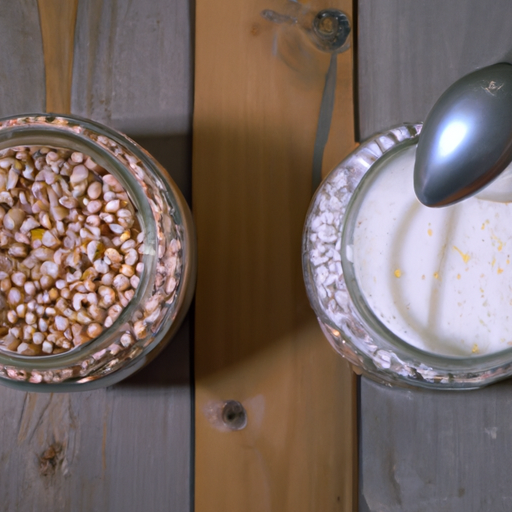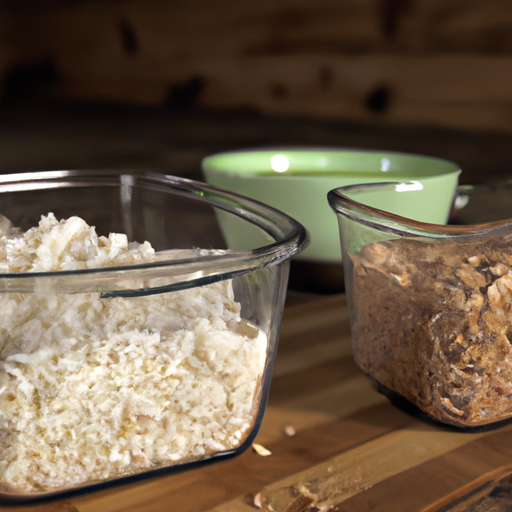
-
Table of Contents
The Best vs. Worst Types of Protein You Can Eat

Protein is an essential macronutrient that plays a crucial role in our overall health and well-being. It is responsible for building and repairing tissues, producing enzymes and hormones, and supporting a healthy immune system. However, not all proteins are created equal. Some sources of protein are more beneficial for our bodies than others. In this article, we will explore the best and worst types of protein you can eat, backed by research and expert opinions.
The Best Types of Protein
When it comes to choosing the best types of protein, quality is key. High-quality proteins provide all the essential amino acids our bodies need to function optimally. Here are some of the best sources of protein:
- Lean Meats: Lean meats such as chicken, turkey, and lean cuts of beef are excellent sources of high-quality protein. They are low in saturated fats and provide essential nutrients like iron and zinc.
- Fish and Seafood: Fish and seafood are not only rich in protein but also contain omega-3 fatty acids, which have numerous health benefits. Fatty fish like salmon, mackerel, and sardines are particularly high in omega-3s.
- Eggs: Eggs are a complete protein source, meaning they contain all the essential amino acids. They are also rich in vitamins and minerals, including vitamin B12 and choline.
- Dairy Products: Dairy products like milk, yogurt, and cheese are excellent sources of protein. They also provide calcium, which is essential for strong bones and teeth.
- Plant-Based Proteins: Plant-based proteins like beans, lentils, quinoa, and tofu are great options for vegetarians and vegans. They are not only high in protein but also rich in fiber and other essential nutrients.
The Worst Types of Protein
While protein is essential for our health, some sources of protein can have negative effects on our bodies. Here are some of the worst types of protein:
- Processed Meats: Processed meats like sausages, hot dogs, and deli meats are often high in sodium, saturated fats, and preservatives. Regular consumption of these meats has been linked to an increased risk of heart disease and certain types of cancer.
- Fried Foods: Fried foods, such as fried chicken and deep-fried snacks, may contain protein, but they are often cooked in unhealthy oils and can be high in trans fats. These fats can raise bad cholesterol levels and increase the risk of heart disease.
- Highly Processed Plant-Based Proteins: While plant-based proteins can be a healthy choice, highly processed plant-based protein products like vegan burgers and sausages may contain additives, excessive sodium, and unhealthy fats. It is important to read labels and choose minimally processed options.
- Sugary Protein Bars and Shakes: Many protein bars and shakes on the market are loaded with added sugars and artificial ingredients. These products may provide protein, but they can also contribute to weight gain and have a negative impact on overall health.
Conclusion
Choosing the right types of protein is essential for maintaining a healthy diet and supporting overall well-being. Lean meats, fish, eggs, dairy products, and plant-based proteins are some of the best sources of protein you can eat. On the other hand, processed meats, fried foods, highly processed plant-based proteins, and sugary protein bars and shakes should be consumed in moderation or avoided altogether. By making informed choices about the types of protein we consume, we can ensure that our bodies receive the nutrients they need to thrive.